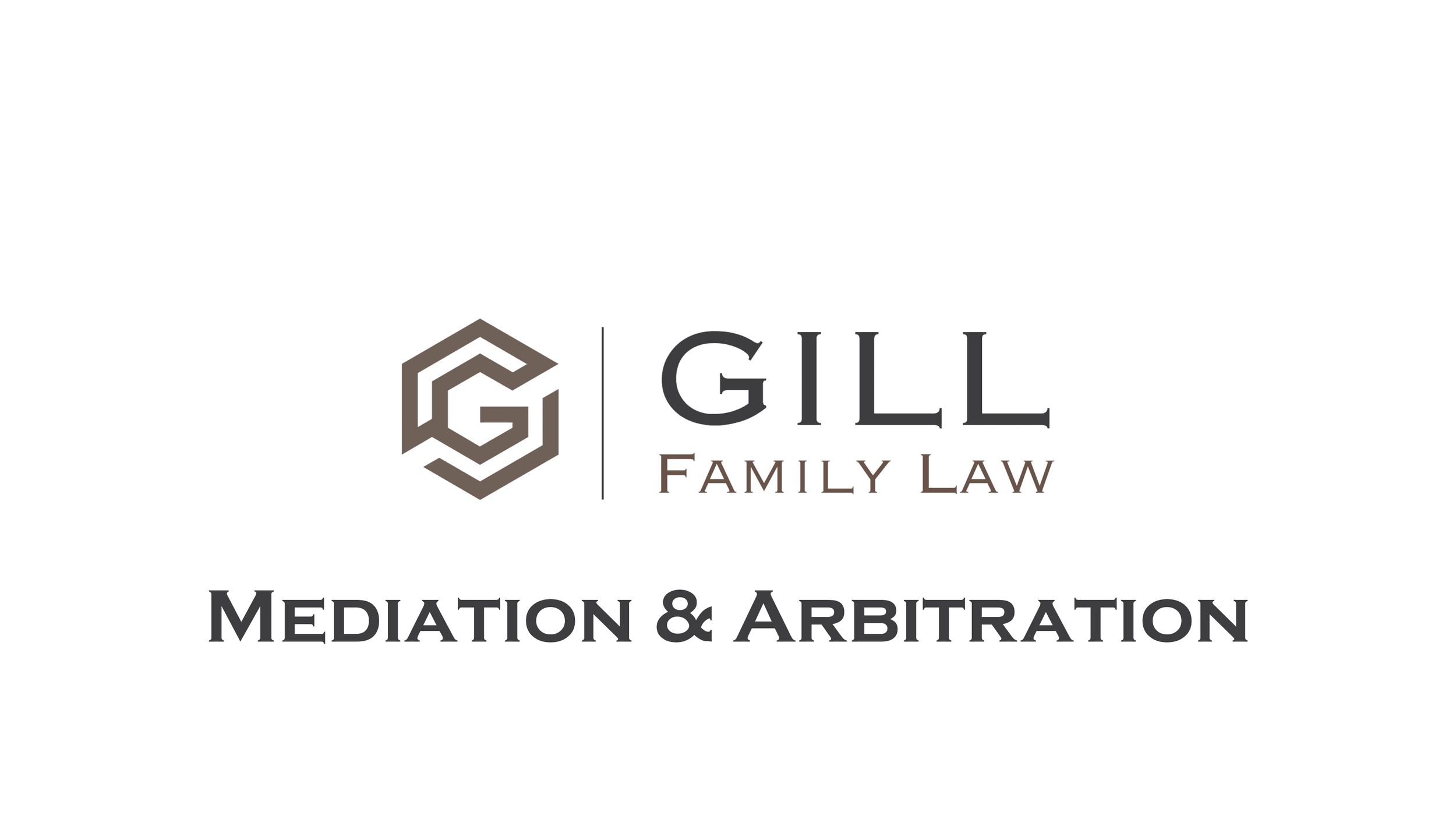
MEDIATION & ARBITRATION
Our Founding Attorney, Lisa J. Gill is a Rule 31 Listed Mediator and is pleased to explore how mediation or arbitration may be an appropriate solution for your case. Attorney Gill has represented numerous clients in both mediation and arbitration, as circumstances deemed appropriate. She has a background in construction where arbitration is very commonly used as an alternative to trial.
In her training to become a Rule 31 Listed mediator, Lisa gained the experience to mediate cases with attorneys or be a powerhouse advocate for your needs and desired outcome. This certification allows her to assist other attorneys and their clients in the resolution of their cases without the need for a trial. Based on the initial review of your case, we can explore how mediation or arbitration could be a solution for you to meet your desired outcomes.
Our firm deeply understands how emotionally and financially draining divorce can be. The option of mediation and arbitration can be an excellent alternative to the courtroom experience. A large percentage of cases that are mediated either settle or reach a case agreement during the mediation process or before trial. As we explore the intricacies of your case, and create a tailor-made solution for your family, these alternative dispute resolutions may be considered.
Is mediation what you need?
Mediation doesn’t require the ruling of a judge, and allows you more control over your outcomes and arrive at an agreeable resolution. Mediation serves as an informal settlement process by which the parties and their attorneys meet with a neutral third party attorney who has been trained in facilitation of mediation. That mediator helps the parties to reach a settlement. The mediator does not have final decision-making authority like a judge, but their expertise and training is very beneficial in helping settle family law cases (e.g. divorce, custody actions, etc.).
In all proceedings, our attorneys will fight for your interests and needs while keeping your informed, organized and prepared. Even if divorce mediation is not your best option, we can still assist you ― and we will be as aggressive as necessary to help get you the results you and your family need.
We know that finding the right attorney to represent you is a choice that comes with high expectations that we are prepared to meet and exceed. We offer consultations to walk you through your needs, the scope of your goals, and your budget.
Common Questions about Mediation
What is mediation?
Mediation is a voluntary settlement process to help you resolve disputes.
Mediation is an informal process where a mediator helps people with a dispute to reach agreement. The mediation process identifies important issues, clarifies misunderstandings, explores solutions, and negotiates settlement.
The mediator is not a judge and does not make a decision or impose a solution on the dispute. Rather, the mediator helps those involved in the dispute talk to each other, thereby allowing them to resolve the dispute themselves. The mediator manages the mediation session and remains impartial.
When is mediation appropriate?
Mediation services are generally required in family law matters prior to setting the case for trial. A large percentage of cases that are mediated either settle during the mediation process or before trial. Attorney Lisa J. Gill is an experienced Rule 31 listed mediator and is available to help facilitate settlement of your case through mediation.
What are the benefits to mediation?
Control: Most importantly, you ― and not the judge ― have control over all divorce-related matters during mediation, including issues related to property division, child custody and visitation. While the mediator will guide you through the process, he or she does not control the outcome. You know your situation better than anyone, so who better to determine what is best for you and your children? In some cases, you may even be able to reach creative solutions that a court would likely overlook.
Flexibility: Unlike a judge, a mediator does not have final decision-making authority ― you do. In fact, until you reach an actual agreement, divorce mediation is not binding, which means you do not have to agree to anything if it is not in your best interests and the best interests of your family.
Protects children: Divorce mediation is often easier on children, particularly when compared to long, drawn-out custody disputes in court. Mediation allows you and your divorcing spouse to work together to create a custody arrangement without having to put your children in the middle of an adversarial court dispute.
Cost: If you and your spouse are able to settle your divorce through mediation, you can avoid lengthy ― and often-costly ― court battles.

